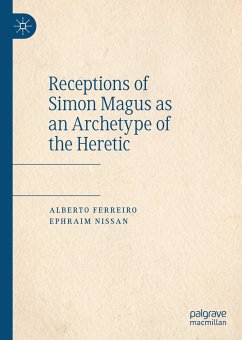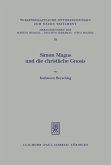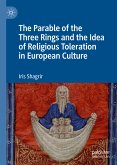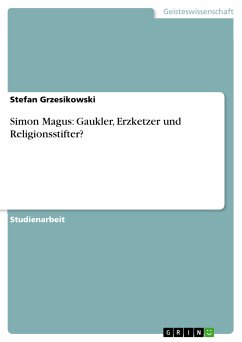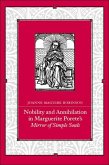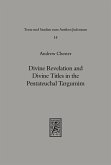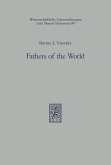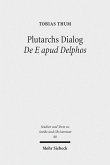Alberto Ferreiro is Emeritus Professor in the Department of History at Seattle Pacific University, where he taught for 36 years. He is the author of 11 books, most recently Epistolae Plenae: The Correspondence of the Bishops of Hispania with the Bishops of Rome: Third through Seventh Centuries (2020), and approximately 130 scholarly articles in journals such as Vigiliae Christianae, Harvard Theological Review, and Hispania Sacra. His areas of research are Late Antique Hispania and Gallia, Apocryphal Simon Magus, and the Catalán sermons of Vicent Ferrer.
Ephraim Nissan is a scholar with over 600 publications. He has guest-edited thematic issues for journals more than twenty times, most recently a volume for the centennial of Berthold Laufer's Sino-Iranica on cultural exchanges involving Asia. His humanities research is interdisciplinary and address late antique, pre-modern, and recent cultures, mainly Jewish studies, but also Italian, folklore, humour studies, history of medicine, and more.
Dieser Download kann aus rechtlichen Gründen nur mit Rechnungsadresse in A, B, BG, CY, CZ, D, DK, EW, E, FIN, F, GR, HR, H, IRL, I, LT, L, LR, M, NL, PL, P, R, S, SLO, SK ausgeliefert werden.
Hinweis: Dieser Artikel kann nur an eine deutsche Lieferadresse ausgeliefert werden.

